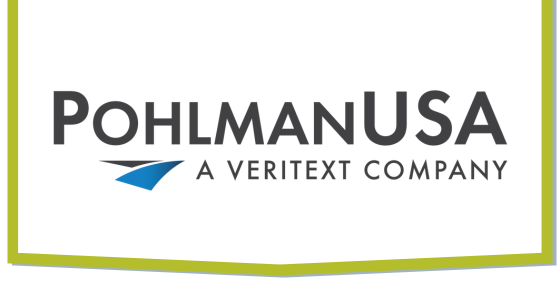As courtroom technology, the litigation process and the amount of discoverable information constantly changes so is electronic discovery itself. E-discovery is a continually evolving area of law that has grown to impact many different practice areas. With the inclusion of ELMO’s, television screens, top of the line audio equipment, annotation equipment, 3D graphics, and multimedia podiums all used in courts for jury persuasion attorneys need to reduce the amount of information shared in a way that still expresses their clients perspective clearly. Finding the best evidence to present in trial starts with the discovery phase of the case. E-Discovery has been thought of as a scary word that too few attorneys really understand. In the courts today judges are more sophisticated on eDiscovery and expect the same from counsel. I wanted to share some basic thoughts and terminology of eDiscovery in hopes that it would make learning eDiscovery less of a barrier and more of an advantage in your cases.
Electronic discovery is denoted many different ways including as E-Discovery, e-discovery, ediscovery, eDiscovery, and e-Discovery. It is simply the phase of discovery where you use an electronic system to identify, collect, and produce discovery in an electronic format. This is also known as electronically stored information (ESI) and it can be analyzed by an electronic system using a digital forensic procedure and then reviewed through the use of a document review platform to limit duplicates and irrelevant documents from ever getting in front of the eyes of an attorney for review. ESI includes and data stored in an electronic form and can include, emails, text messages, documents, presentations, databases, photographs, voice mail, audio and video files, social media pages, databases, and web sites.
According to the federal Rules of Civil Procedure ESI is defined to include “writings, drawings, graphs, charts, photographs, sound recordings, images, and other data or data compilations–stored in any medium from which information can be obtained either directly or, if necessary, after translation by the responding party into a reasonably usable form” (FRCP 34(a)).
Some eDiscovery terminology to be aware of is:
Tiff: Tagged image File Format, or a graphical file format that is used for storing images of documents. It is created from native files to create a standard format for the file (.tif) and captures the text and metadata from each file so that it is searchable.
Unitization: How the documents are categorized and scanned, either physical or logical. If physical unitization it uses actual demarcations such as paperclips or staples to determine which pages should be together. In logical unitization human eyes look at each page and determine what pages should be together to make the complete document.
The most important part of preparing for and properly handling eDiscovery, while protecting yourself and your client from possible sanctions, is to consult a specialist if you are unsure of any phase of the eDiscovery process.
